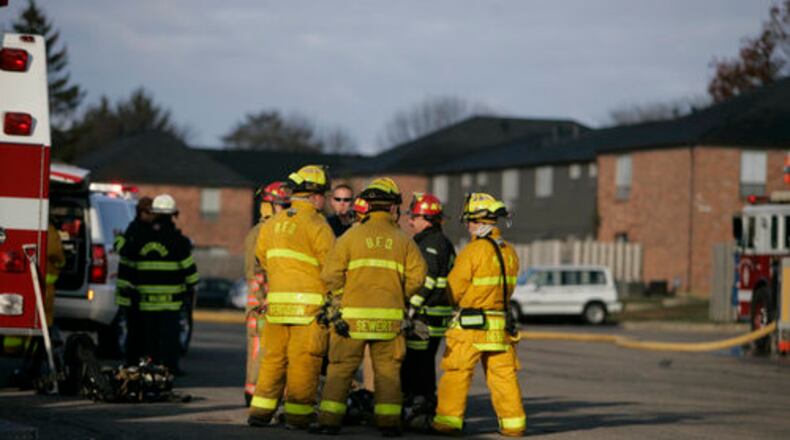City manager Eric Smith said the levy would cover training, salaries, and equipment necessary for emergency services.
“Englewood undertook a major departmental upgrade a little over a year ago by hiring 17 full-time firefighters and paramedics. In other words, Fire and EMS graduated quickly from predominately part time to full time, and it was fortunate we did as COVID struck about the same time,” he said.
The old levy cost homeowners $11.88 generating $128,060 a year for the city. The city’s finance director, Della Sterns, estimated that the levy will cost homeowners of an $100,000 property, $57.75 generating about $477,329 a year for the next five years for the city which is about a $349,269 gain.
“The existing general operating levy produces approximately $128,060. The Fire and EMS levy will be $477,329 so the net gain is $349,269,” Smith said.
City council has passed one of the two necessary resolutions to add the levy to the November ballot.
At its May 25 meeting, city council will request the board of elections to prepare the language for the ballot. Smith said he is confident that the levy will make the ballot and pass in the fall. However, if it doesn’t, the existing levy will expire resulting in lost revenue leaving council to decide where cuts will be made.
The operations levy, first approved in 1976, has been voter renewed every five years since but has been subjected to rollbacks over the years. In 2012, the 1.65 mill levy was reduced down to 0.3194 mills on residential properties, according to the city.
“The general operating fund is available at council’s discretion to spend on almost any category. These include public safety, streets, administration, finance and many others,” Smith said.
About the Author

